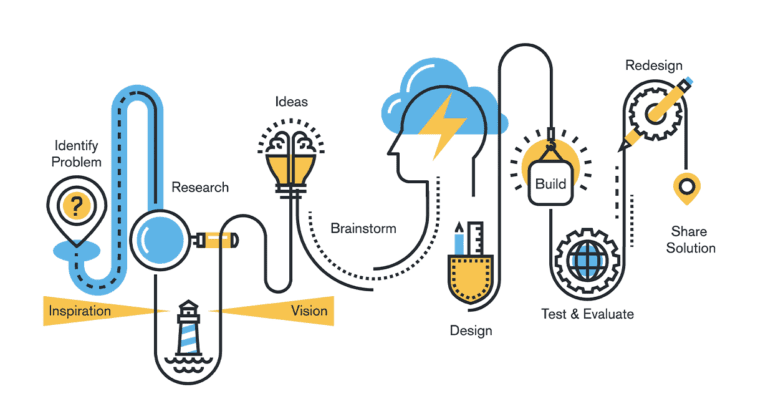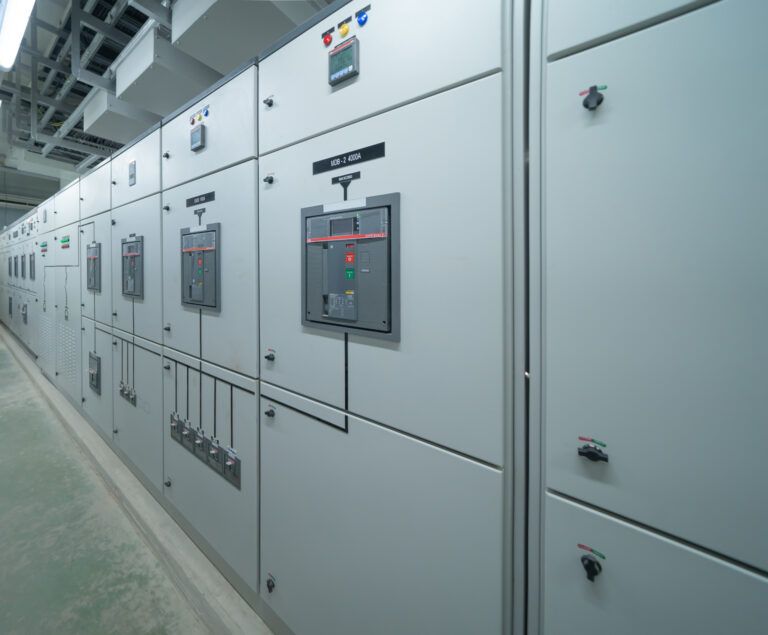
While engineers do plenty of hands-on work, they have behind-the-scenes documents that guide them. Technical writing in engineering affects how work gets done, who does it, and communication between engineering professionals and others.
Technical writing and technical editing make it possible for an engineering company to do everything from getting funding to getting clients. Writing for engineers, investors, and customers means knowing how to talk to different audiences and convey the right information at the correct times. Technical writing can give companies the boost they need to get off the ground and thrive.
How Do Engineers Use Writing?
When it comes to technical writing, engineering professionals use it to convey information internally and externally. Engineers reap the benefits of technical writing by knowing the audience they write for and what they want to get out of the writing.
Engineers use writing for:
- Designing ideas
- Manufacturing instructions
- Reporting test and research results
- Keeping up with project progress
- Communicating to a non-technical audience
Engineers also use writing to talk about their company’s engineering services and how they can benefit everyone from investors to their local community members. Writing creates a connection between an engineer and those outside their industry, as it allows people to share information, innovate, and improve existing technology.
What Type of Writing Do Engineers Do?
The information included in technical writing for engineers varies with the intended audience. Internal standard operating procedures (SOPs) will look much different than user manuals for vehicles or appliances.
No matter where the writing ends up, engineers must make sure they communicate clear ideas in language the reader will understand. That writing can take different forms.
User Manuals
User manuals show your audience how to perform a specific task or procedure. No matter what type of engineering you do, you need user manuals to explain different processes, especially the more complicated ones.
Sometimes, you can use more jargon for an advanced reader or someone with industry experience. Others will require writing intended for an end-user. In both cases, you need to know how to convey step-by-step processes understandably.
Engineering Reports
These technical reports encompass a broad spectrum of documents, from trip reports to business reports. Typically, reports go through a review process, whether by project managers or investors.
Engineering reports involve doing research, tests, or otherwise investigating a problem. An engineer will then perform an analysis, communicate their findings, draw conclusions, and make recommendations for fixing the problem or performing the service to suit the situation.
Executive Summaries
Executive summaries are shorter technical documents, which means you must know how to write concisely and summarize essential information into a small number of words. An executive summary should show investors what your business does and why your firm and its methods can get the job done better than anyone else.
Good technical writing makes it easy for investors to understand what choosing your business might mean for them. It outlines your research, recommendations, and the benefits of both so that you can get funding for your projects.
Standard Operating Procedures
Standard operating procedures (SOPs) offer information about how to do specific processes within an engineer’s job scope. Neglecting this type of engineering writing can mean a lack of instruction or the performing of incorrect procedures.
SOPs ensure that no one skips any steps and that everyone does each job the same way every time, minimizing confusion within a company. SOPs must meet strict national or international standards, and auditors will notice if the writing falls short of regulations.

Why Is Writing Important in Engineering?
Good writing in the engineering world means that your company gets what it needs to grow. You can’t build your business without writing skills. Offering information through clear communication can get you everything you need to succeed.
Enables Firm to Receive Project Funding
If you can tell people about your ideas and their benefits, people will want to participate in and fund your company’s project. Writing and effective communication skills allow you to offer detailed designs, plans, and other information investors need when deciding how much money to put into your company.
Writing also helps with project management, allowing you to demonstrate that you can stay organized from a project’s start to finish. When you can produce high-quality, efficient work, stakeholders notice and are more likely to fund your future projects.
Helps Engineering Students Learn
Students in engineering programs benefit both from learning technical writing and reading it. Degree programs also require written documents for course outlines and other requirements. If you want to make yourself a more desirable job candidate, add a technical writing course to your program.
Communicates Ideas and Processes
When you can communicate your ideas to program managers, you have a better chance of getting them accepted and executed. Good writing aids with data visualization since it supports graphs, charts, and other graphics that you include in your reports.
Creating more understanding between your peers and stakeholders also means improved project management. Clear explanations of each step of the process enable the project can go ahead as planned and with minimal setbacks.
Educates Employees and Supplements Training
While you receive training from other professionals, sometimes, you need supplementary information. Technical writing allows you to create the documents everyone needs to do their jobs well in any field.
Reading technical documents like SOPs before training also enables you to go in with more knowledge to understand the task at hand better. When it comes to training, writing makes learning in the workplace more efficient, so employees become more productive.

Four Types of Engineers That Do Technical Writing
There are four main types of engineering, and all of them involve technical writing. Each field has vastly different processes, so the writing involved changes depending on the required skills and expertise. Let’s look at what technical documentation looks like in each field.
Chemical Engineering
Chemical engineering involves working in chemistry, biology, physics, and math-related fields to solve problems and make innovations related to food, drugs, and chemicals.
Most chemical engineering processes take place in a lab. That means they have strict regulations governing their operations and need precise technical writing, like SOPs, to guide their work. Chemical engineers must know the regulations set forth by the FDA and other regulatory bodies since they manufacture products that affect people’s bodies.
Technical documents in these areas can involve writing instructions about how and when to use a product, like a new drug, and precautionary statements for how not to use it. Clear technical documentation helps employees avoid accidents that can cause severe injury and illness.
Civil Engineering
Civil engineers work with infrastructures like railroads, bridges, and roads. They often split their time between project sites and the office while designing and building projects in both the public and private sectors.
Civil engineers need technical writing to understand project plans and work with other engineers to stay on the same page and create a successful build. Unclear writing means a greater likelihood of error. With better writing, you can keep everyone on the same page and keep processes efficient throughout the build.
Electrical Engineering
Electrical engineers design, test, and manufacture electrical products and their parts. That includes vehicles, motors, power generation, communication, navigation, computer, and electronics.
Electrical engineering is one of the broadest fields, requiring many technical documents to account for safety, instructions, and end-user manuals. Since these engineers have more users outside their field, they need to condense software information and other systems into writing that the average person can understand.
This type of engineering requires everyone to follow the same procedures using identical processes. That makes SOPs and other technical writing vital to the job for everyone’s safety.

How to Write Good Technical Documents
Writing helpful technical documents means having good writing skills that cater to a non-technical audience. While engineers might understand your jargon, the information gets lost on people who need more general communication.
Use these tips to make your technical writing work for broad audiences so you can use it in more than one setting.
Write for Your Audience
Consider your audience before you start writing. Are you talking to company executives? Investors? Customers and clients?
Your audience will determine how and what you write and whether you can use language targeted toward people with more expertise. If your readers can’t understand your product or service, why would they use it? Keep modularity in mind so more people can access your writing.
Get to the Point
Only include the information your readers need. Keep things simple, and steer clear of jargon, tangents, and other extraneous wording that might confuse the audience.
Use active language, include graphics, and focus on engaging your audience, even with difficult topics. Condensing your writing will help you keep readers’ attention, even if they only read an executive summary.
Writing in an active voice will help you condense your writing. Once you learn how to write in an active voice, you’ll begin to avoid it in your work naturally.
Engineering writing plays a vital role in your business, even if it seems less important than math and building. It records all your information, helps you train your employees, and grows your business over time. By considering its purpose and tailoring your documents for the right audiences, you can create a successful company.
Check out more technical writing tips in our resources section.









